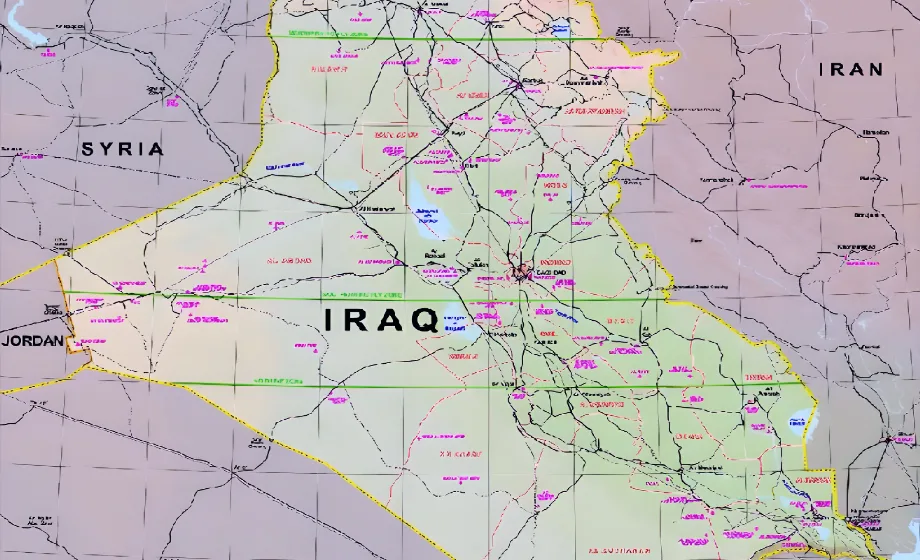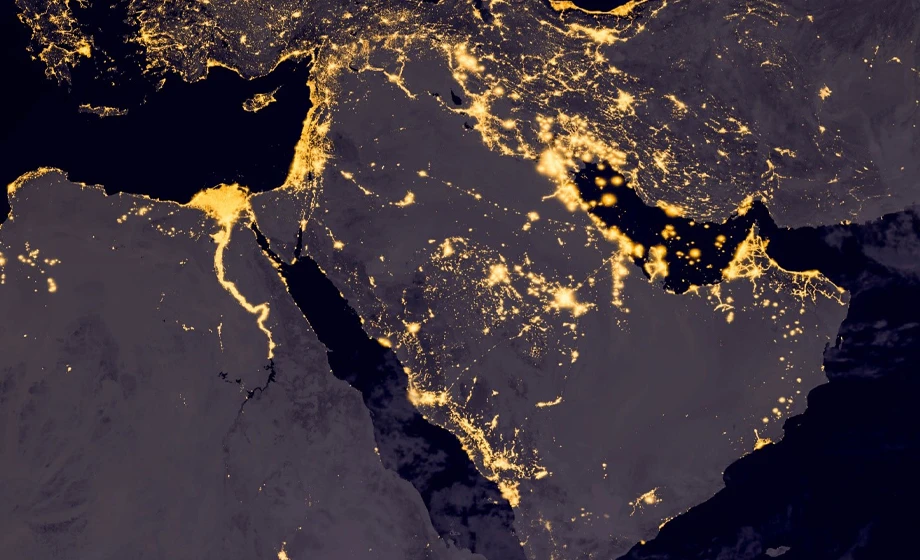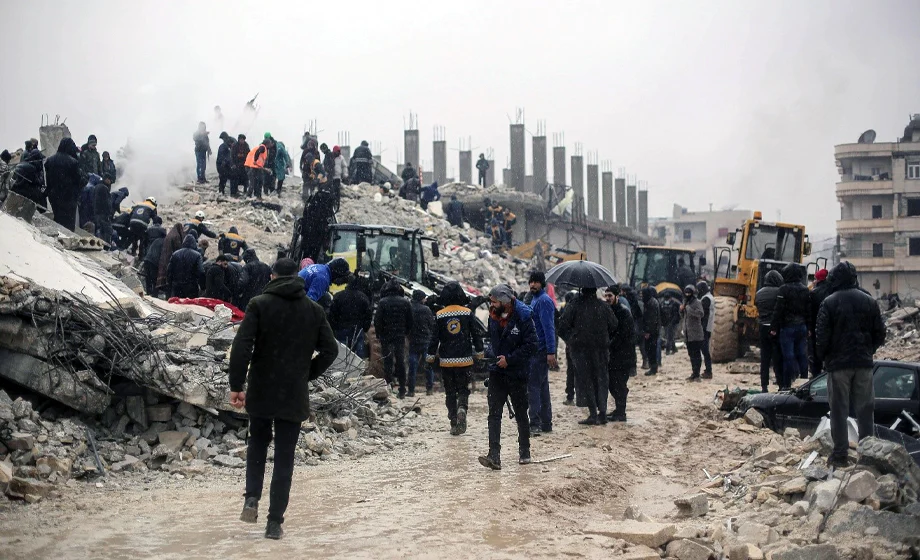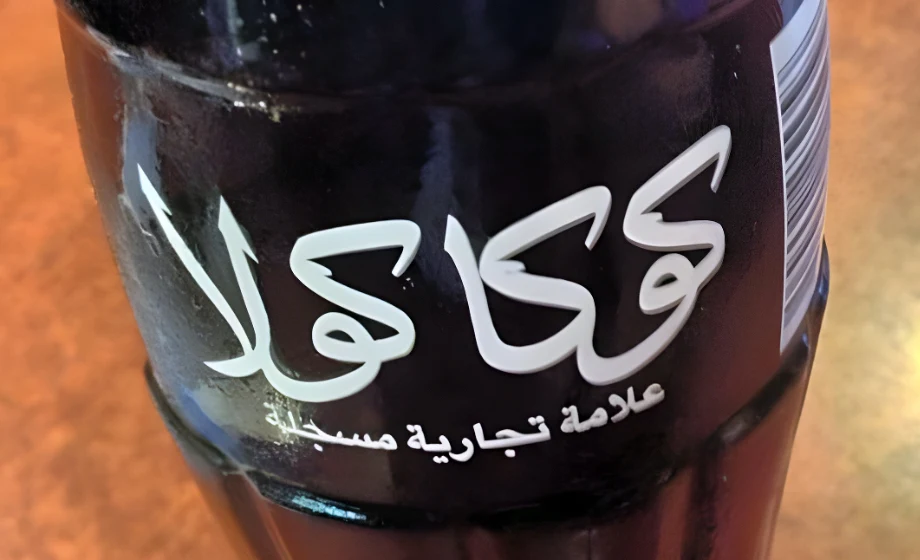With its numerous regional sub-dialects, and complex interplay with MSA, successful Iraqi Arabic translation require an experienced team and careful attention to detail. This article outlines our approach to translating Iraqi Arabic, as well as some case studies of projects we’ve successfully completed. Looking for a translation quote? Head over to our free quote page here.
Nestled in the Fertile Crescent and fed by the Tigris and Euphrates rivers, the area of modern Iraq has been home to a series of empires and states, from the Assyrians and Babylonians to the Abbasid and Ottoman caliphates. With its emergence as a significant regional power due to its vast oil reserves and strategic location, Iraq figured prominently in the course of modern history. As a result, the need for accurate Iraqi Arabic translation has always been a priority for those working in the Middle East.
The world will remain involved in Iraq for many years to come. Renewed energy, construction, and development investment in the nation will require knowledge of this unique dialect. With hostilities winding down, Iraq is gearing up for a new period of economic growth. At Industry Arabic, we have supported dozens of private businesses, law firms, and multilateral organizations in their work in Iraq. This article outlines some of the main features of Iraqi Arabic, our approach to translating it to and from English, and some relevant project case studies. If you’re looking to begin a project right away, please get in touch using the contact form to the right of this article.
Notable Features of Iraqi Arabic
The Iraqi dialect, also known as Mesopotamian Arabic, can be classified according to two main divisions: Gelet or Qeltu (i.e. the way to say قلتُ [“I said”] by either pronouncing the qaaf as a “g” or “q”). The Gelet dialect is spoken mostly in the southern part of the country and includes the urban Baghdadi dialect known universally across Iraq. The Qeltu dialect is spoken mostly in the north of the country and is based on the dialect spoken in Mosul. In addition to these forms of Arabic, numerous other languages are also spoken throughout the country, including Kurdish, Turkish, and Aramaic-based languages.
Geographically close to the Arabian Gulf, Iraqi Arabic sounds very similar to Gulf Arabic. For example, the kaaf (ك) is sometimes pronounced as “ch” (as in “cheese”) or “sh”, especially if used as the 2nd person object pronoun (e.g.: كيف حالك [kaifa Haaluka in Modern Standard Arabic] would sound like keef Haalech/sh). As mentioned above, the letter qaaf (ق) can either be pronounced as a “q” or “g” depending on the region. Another feature of Iraqi Arabic is that the long vowel alif (أ) tends to be deeper here than in other parts of the Arabic-speaking world, sounding more like the “a” in “father.” And like in most Arabic dialects, the three letters dhaal (ذ), Daad (ض), and Dhzaa (ظ) all sound like a “z”.
Our Iraqi Arabic Translation Philosophy
We put the same level of care and quality into every single translation project we undertake, no matter the dialect. Below is a brief summary of what you can expect from an Industry Arabic translation:
- Expert Human Translators: With Iraqi Arabic, the human touch is an absolute must. As with most languages, ever-developing regional dialects often encompass a cultural context and creative license that an online dictionary or automated translation tool does not possess. Industry Arabic’s team of vetted Iraqi translators does grasp the peculiarities of this dialect. They use their specialized knowledge and experience in a variety of genres to deliver excellent results. Our company works with trusted translators across time zones. So, you can rest assured that your time-sensitive project is ongoing, even while you sleep!
- Accuracy and Grammar Double Check: Every translation goes through a two-stage review process to verify accuracy and readability. After finishing the translation, the translator edits and revises their work against the source text. Then, they submit the document to our project managers, who proofread it and ensure that it is ready for client delivery. In this way, we can guarantee that multiple translators have reviewed your project and crafted it to suit your stylistic needs.
- Multi-Format Translations: Maybe you need a military intelligence report translated. Or perhaps you want to understand an RFP for a government project in Iraq. Or, you have an oilfield maintenance manual that must be localized. No matter the file or text type, we have you covered. Our team handles a variety of projects, subject matter, and file formats on a daily basis, so we know just how to make each and every translation not only convey the source material appropriately but also present a polished image for your stakeholders.
Previous Iraqi Arabic Translation Projects
Here are a few examples of completed Iraqi Arabic translation projects we have completed in the past:
- Book on Origins of the Islamic State. Full English translation of a book on the historical and political roots of the Islamic State in Iraq and the Levant (ISIS).
- Iraq Environmental Survey. English to Arabic translation of a series of reports on Iraq’s drinking water and sanitation system.
- Iraq Market Entry Documents. English to Arabic certified translation of articles of incorporation, power of attorney, bylaws, financial statements, and other official corporate documents required for registry in Iraq.
- Iraq Entrepreneurship Program. English to Arabic and Arabic to English translation of media articles, press releases, program reports, and training materials for SME promotion program funded by a US government agency. Included publication of reports using Adobe InDesign.
Ready to Begin a Project?
If you have any questions on where to start with your Iraqi Arabic translation project, please send us a quick email for your free and accurate quote. Just click the button at the upper right-hand part of your screen, and one of our team will contact you within 30 minutes to begin the process.



